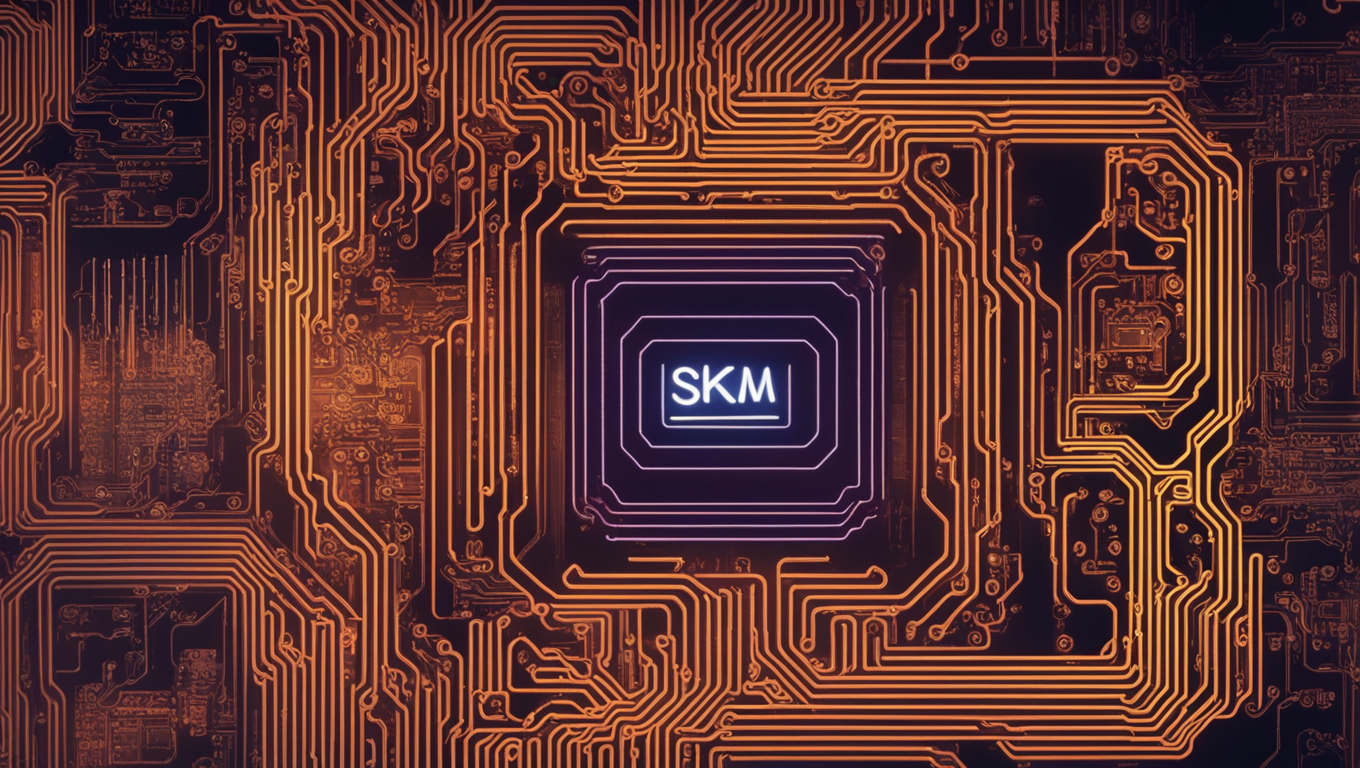In a groundbreaking partnership, South Korea’s SK hynix and Taiwanese semiconductor giant TSMC have joined forces to develop next-generation high-bandwidth memory (HBM) chips used in AI technology. SK hynix, the world’s second-largest memory chipmaker, currently dominates the market for HBM chips and is a key supplier to US-based chip titan Nvidia, who in turn also receives supply from TSMC. The collaboration aims to produce HBM4, the sixth generation of the HBM family, which is expected to be mass produced from 2026.
The memorandum of understanding signed between SK hynix and TSMC solidifies their commitment to push boundaries in AI technology. By leveraging TSMC’s advanced logic process, SK hynix plans to create customized HBM chips that meet the growing demand for performance and power efficiency. Additionally, the two companies will work together to optimize the integration of SK hynix’s HBM with TSMC’s CoWoS technology, a packaging process that enables higher levels of performance for advanced semiconductor designs.
This collaboration is not only a strategic move for both companies, but also a reflection of the increasingly interconnected nature of the semiconductor industry. Driven by the rapid advancements in AI technology, the demand for high-performance memory chips has skyrocketed in recent years. As AI technologies continue to evolve and become more sophisticated, the need for faster and more efficient memory solutions is paramount.
According to Dr. Park Sung-soo, the CEO of SK hynix, this partnership with TSMC represents a significant milestone for SK hynix’s HBM technology. “By collaborating with TSMC, a world-leading semiconductor manufacturer, we are confident that we can accelerate the development and commercialization of next-generation HBM chips,” he said. This sentiment was echoed by Dr. Mark Liu, the Chairman of TSMC, who emphasized the importance of collaboration and innovation in driving the industry forward. He stated, “We look forward to working closely with SK hynix to deliver cutting-edge memory solutions that will power the next wave of AI technology.”
The implications of this collaboration are far-reaching. As HBM4 chips become commercially available, they have the potential to revolutionize various industries that heavily rely on AI technology, such as autonomous vehicles, robotics, and data centers. With increased memory bandwidth, these applications will be able to process vast amounts of data in real-time, leading to improved performance and efficiency. This breakthrough also paves the way for further advancements in AI algorithms and deep learning models, as the availability of faster and more efficient memory will undoubtedly fuel innovation.
In a world driven by technological advancements, collaborations like the one between SK hynix and TSMC represent the driving force behind progress. As companies pool their resources, expertise, and technological capabilities, the possibilities for innovation are boundless. Through this partnership, we can expect to see the continued evolution of AI technology and the seamless integration of high-performance memory solutions into our daily lives. As Dr. Park Sung-soo aptly puts it, “This collaboration represents our commitment to continuously pushing the boundaries of what is possible in AI technology.”





Use the share button below if you liked it.